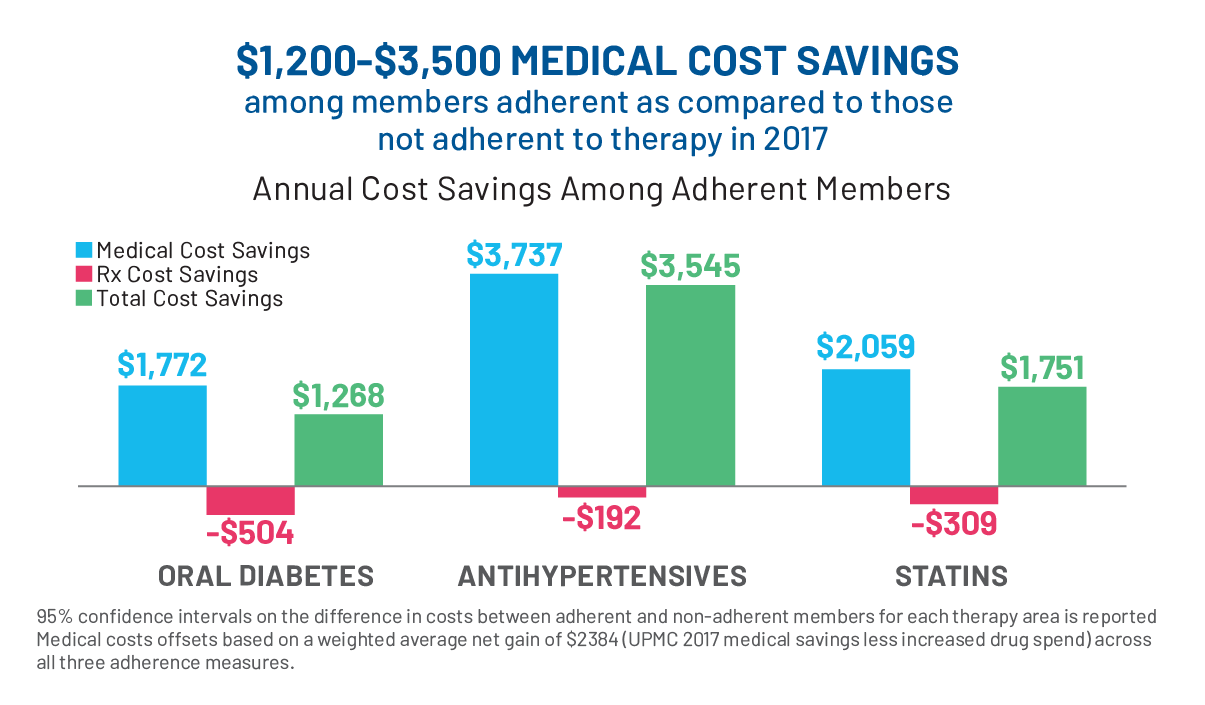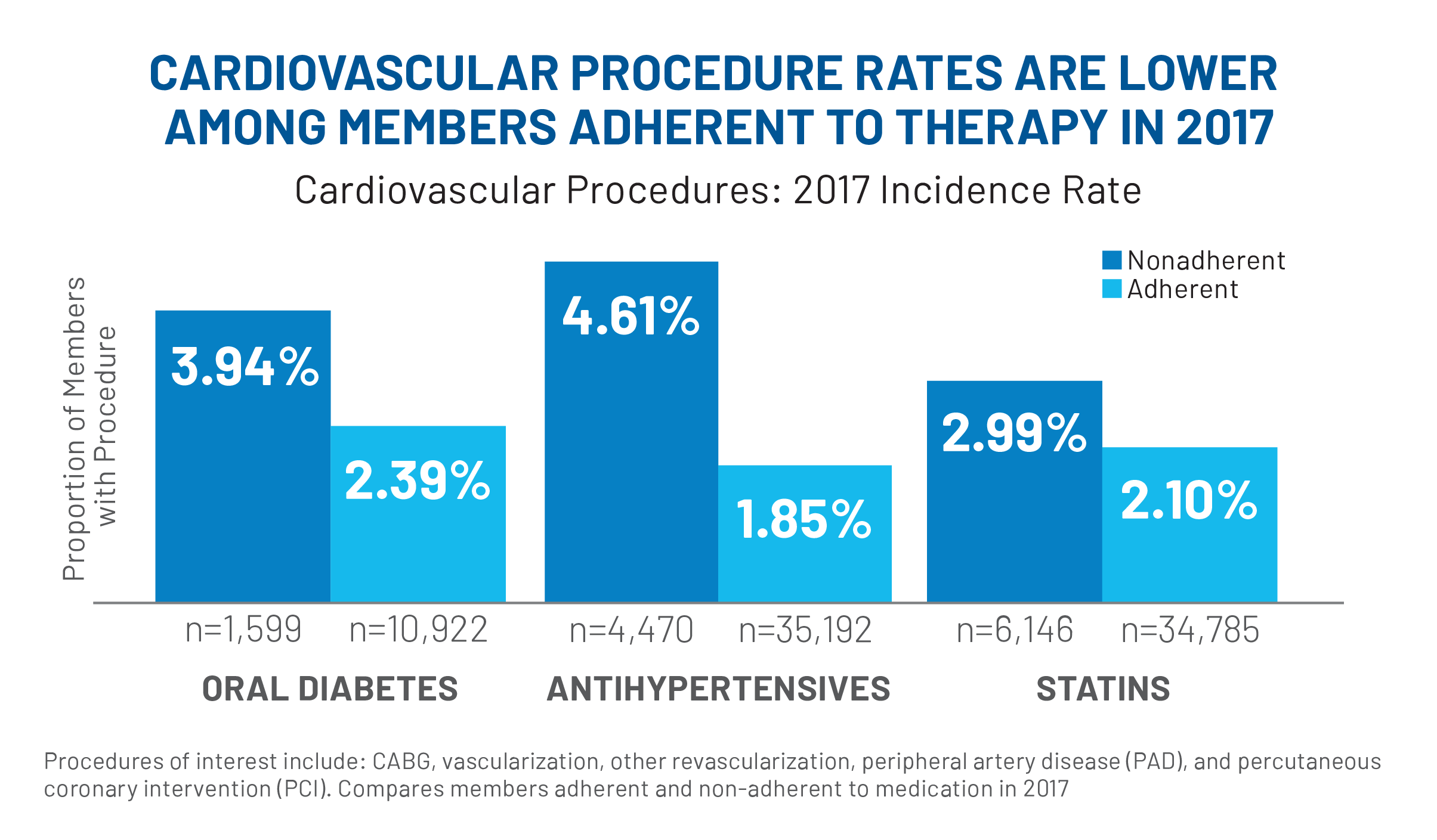You might think the answer to the title question is easy…“because your doctor said so.” But why did your doctor prescribe it in the first place? Easy…“because you need it.” But why do you need it? Because without it, your condition may worsen, other medical conditions may develop, or may even cause death in some serious situations. Even with that, you might be surprised to learn that not everyone takes their medications as their doctor prescribes. Shocking, right? The Centers for Disease Control and Prevention (CDC) estimates that up to 30% of new prescriptions are never even actually filled. And when they are filled, patients on average only take their medications about half of the time they should. All of this in spite of the overwhelming evidence suggesting non-adherence is related to poorer health outcomes and increased medical spending.
At RxAnte, we know that taking medications are important, but we wanted to learn more about exactly how much money might be saved in just one year’s time simply from proper adherence. We collaborated with UPMC and evaluated two years of medical and pharmacy claims data on patients with any of these three major chronic conditions: diabetes, hypertension, and/or hyperlipidemia. We statistically paired non-adherent and adherent patients together in order to measure how much savings might be realized in one year. We controlled for things like age and gender, prior medication adherence, prior medical conditions and cost among other things.
In our study, “adherence” was defined as a patient taking their prescribed medication at least 80% of the time; this percentage is the technical definition of the proportion of days covered (PDC) and is accepted as the CMS and PQA standard metric for measurement. We paired patients in a baseline year, and then compared total healthcare costs between adherent and non-adherent patients in the subsequent year. Total healthcare cost was defined as the sum of all medical and pharmacy charges within the measurement year. This would include any services rendered in a healthcare setting like a doctor’s visit, emergency room visit, medical procedures and any/all medications filled regardless of condition.
Our study examined over 12 thousand diabetes patients, 40 thousand hypertensive patients and 41 thousand hyperlipidemia patients all within a Medicare Advantage Part D plan. At baseline, the statistical pairing properly adjusted for differences between adherent and non-adherent patients, as evidenced by similar overall cost and utilization. By the end of the measurement year, adherent patients experienced significantly lower costs and related medical procedures across all three therapy areas.


There are any number of reasons why people do not adhere to their medication regimen…they forget, it’s not important to them, it makes them feel bad, it’s too expensive, they have no way to get to the pharmacy, and any other reason you might think of. Regardless of the reason for not taking your medications, it is vitally important that you listen to your doctor, your health plan, your mother, brother, whomever. It not only can save your life but can also save you money. Funny how more interested people are in saving money than their health sometimes, but it’s true.